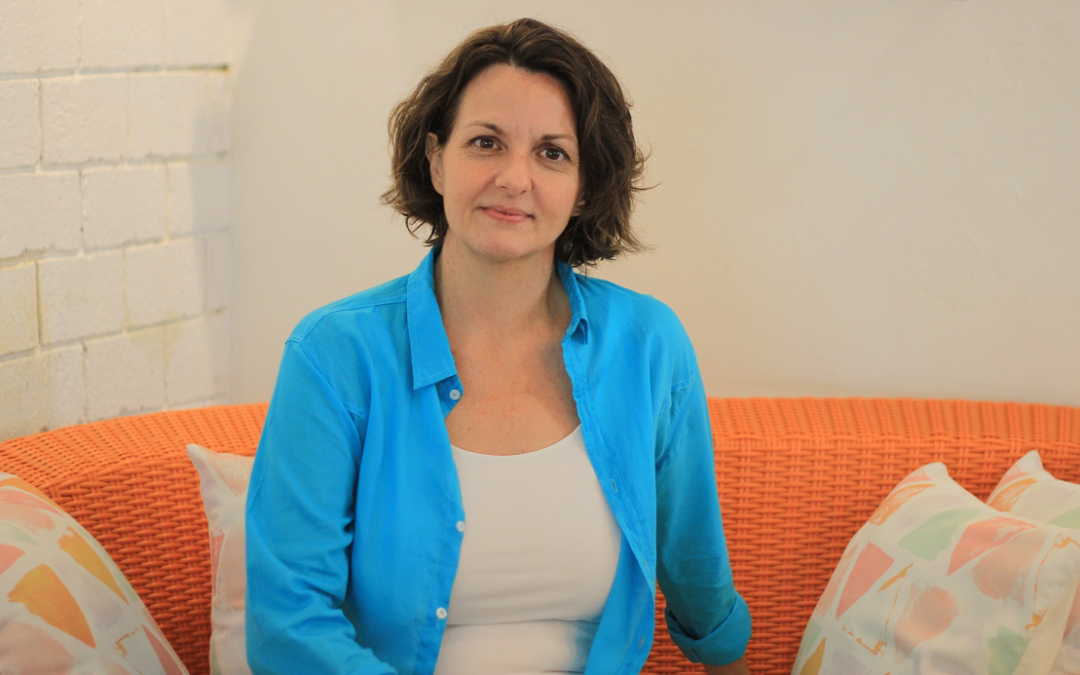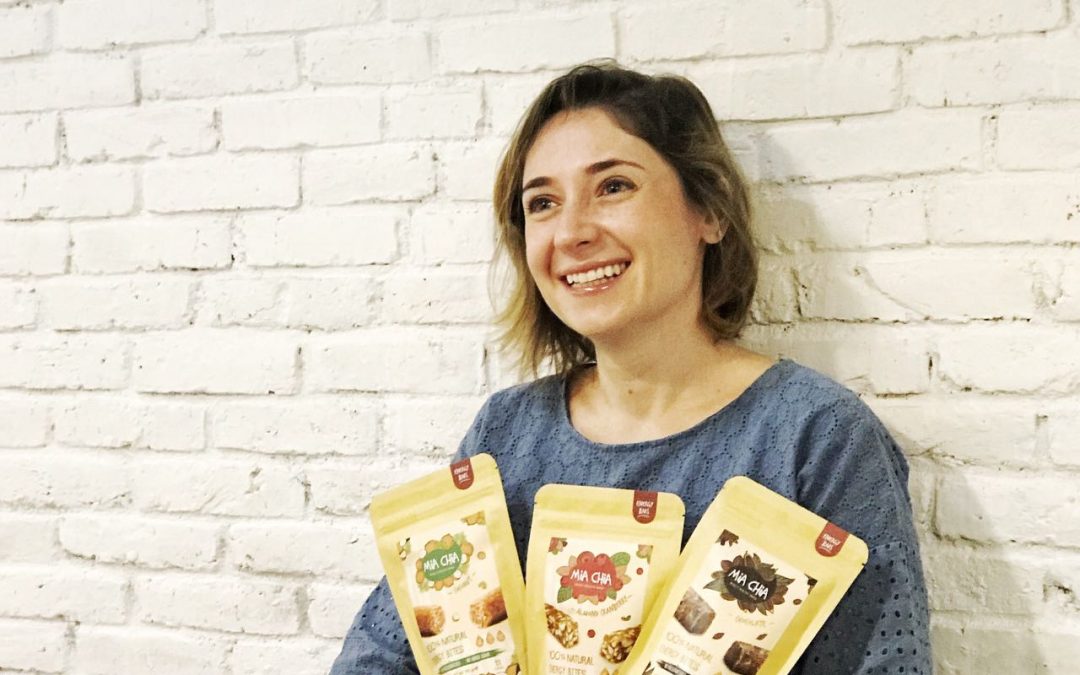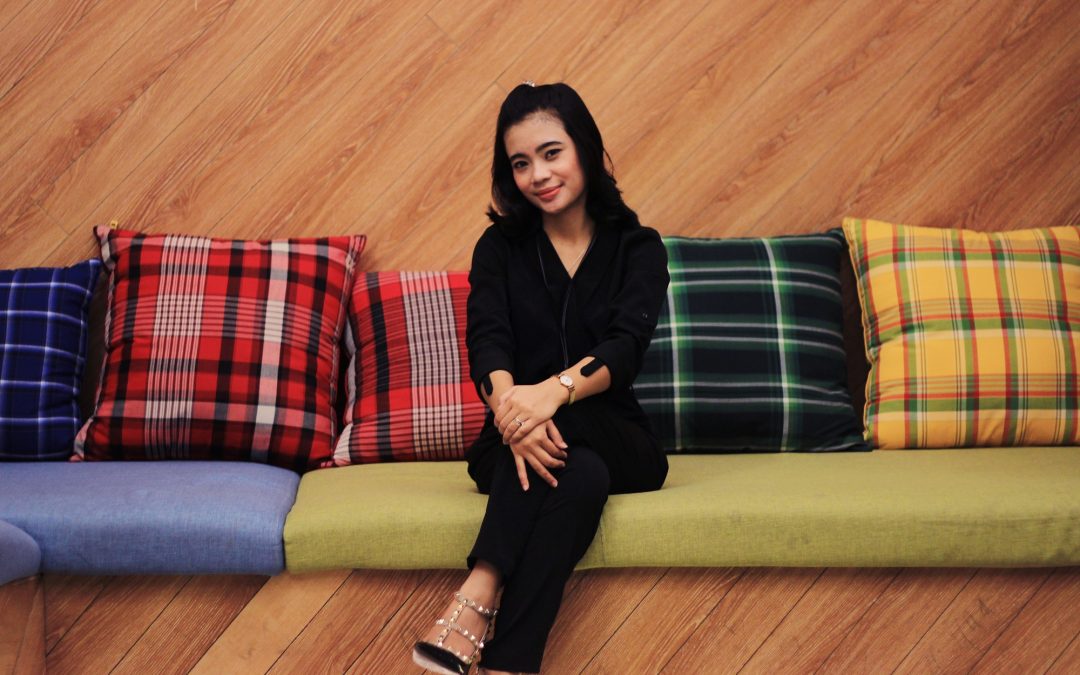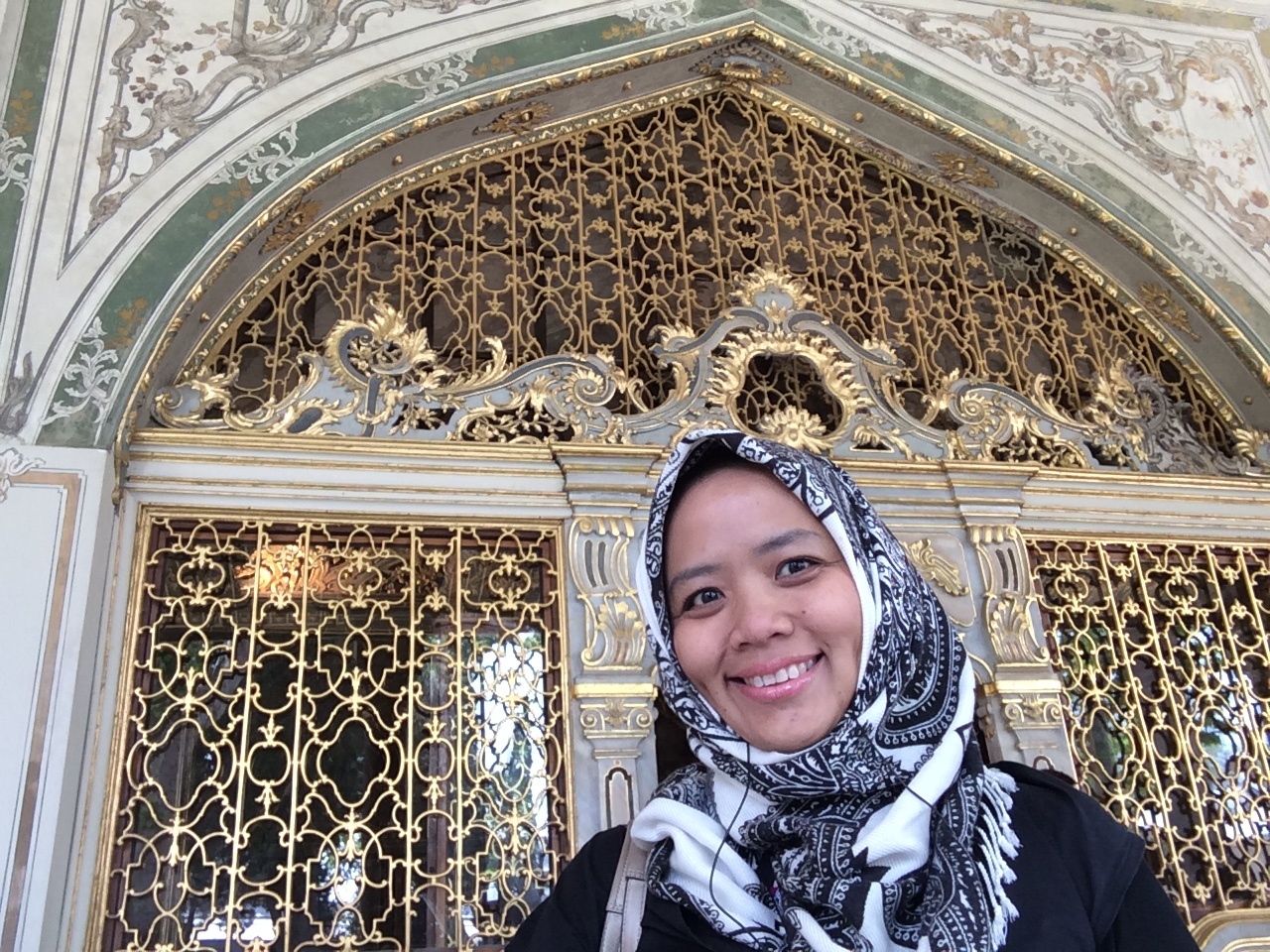ANGIN Women’s Spotlight series seeks to showcase a diverse array of inspiring women leaders and their stories and experiences in order to shed light on the unique experiences of women in business. We hope that both men and women can gain from these shared experiences, that these stories can inspire change, and that other young girls are motivated to become leaders as well.
Tell us a bit about yourself.
I’m Claire Quillet, a French citizen who lived almost 20 years in Indonesia, mother of 2, CEO of Towards Sustainable Businesses (TSB). TSB is a consultancy agency supporting mainly private sector to design, implement, monitor and evaluate development program and/or corporate social responsibility (CSR) programs. Our main area of expertise is WASH (water, sanitation and hygiene), as well as education and environment. Our aim is to ensure that employees and surrounding communities will universally have access to WASH and therefore to a better health, as well as creating positive impact to the company’s business.
You’ve been in Indonesia for almost 20 years. What made you want to stay for so long?
You know, I arrived on a two-months contract – it always starts that way. I came as an emergency specialist, working for an emergency NGO. I came in 1999 during the Maluku crisis, so I was based in a tiny island in Maluku, providing displaced people with water and sanitation, foods and health care. In terms of natural disasters, it has been non-stop in Indonesia since 1999. From the crisis in Timor, to the 2004 Boxing Day tsunami, with earthquakes in Yogyakarta, Padang, Alor or Nabire – for a WASH emergency specialist, this was the place to be. I stayed for work, by helping people in need. That’s the first reason.
Also moving from one island to another, is almost like working in different countries. Food, people, religion are different, only the language, nicely, remains the same. It’s so diverse that you don’t feel tired to be here.
Unfortunately, up to now, needs still exist for a lot of Indonesian people. You know, more than 30 million Indonesians do not have access to a toilet which causes water borne diseases (diarrhea, for instance) that kills almost 140.000 children under the age of 5 years every year in this country. So, there is still more to be done.
Have you had many difficulties during your career and how did you overcome them?
Of course. Different challenges at different times.
In the NGO sector, the objective is to reach the most vulnerable in the communities. The challenge will then to be in the field and have enough means and money to deliver programs.
I have been working for UNICEF for 8 years. The challenge was different. WASH is unique because you are dealing with several ministries including the minister for health, education, environment, Bappenas, etc. So, collaboration and coordination are crucial to achieve goals for a vast country like Indonesia. Bureaucracy can slow down the progress. But, improving regulations or changing policies take time. You must keep your motivation up and be patient.
Moving to the private sector and creating my own company was another challenge. First, actually creating it. I was lucky to find an Indonesian angel investor who believed in my idea. TSB provides unique services for multinational and Indonesian companies in the domain of sustainable CSR programs. But, CSR as a business model is not yet understood by most of the private sector. Our work is then challenging but also very exciting.
As a female founder, have you had any challenges in Indonesia?
Not at all. I think Indonesian people are very respectful. Especially being a female and an expatriate, they will esteem you a lot. They are eager to learn. Whatever they learn from you, then they will do ala Indonesia. Sometimes it might not be what you wanted, but that’s their way of doing it. You don’t want to be an expat bombarding them with how you do it in your country – because it’s their country. For me, being a woman is really a blessing.
How so?
I’ve always worked in a predominantly male environment. Indeed, WASH is technical, and few women choose this sector. With most of the men I met in my work, there is no ego game when they deal with a woman. Maybe because we also have a way to pass on the message. We are more patient. At the end of the day, the outcome is the same, but we do it in a different way.
The positive part of living in Indonesia for 20 years, is that they see you as somebody who has the international experience but also someone who is here for the long run. You know the culture, you know the language, and the how the people work. I speak Indonesian to my clients rather than English, and they respect that. Indonesians are very patriotic. Even if you don’t speak very well, as long as you try, they understand that you’re making the effort. Here, if you start to make a good relationship with someone, it is forever. The people I know in the government and in business, I have known for the last 10 years. Even when they move companies, you still have their contact details, and they will still help you.
In your work, have you ever seen a gender gap, in the population in general, problems to do with gender or equitable distribution?
Working for NGOs over the past years, we listen to the voice of the women in a different way, because their needs are not the same as their male counterparts. So, yes you have gender inequality. Unlike in the Western world, the issues of gender equality here are not just about equal pay and domestic violence, but women are still finding their place within society. You will see women who stay at home, some work for small salaries, and have many kids but won’t always have access to family planning. Not only that, but the geographical inequalities are also present. You can see the difference between Jakarta and the more Eastern islands like Papua. Women’s empowerment initiatives exist, but we are still far away from reaching gender equality.
Can you talk about one woman who has impacted your life?
I do not have a role model. But there are some Indonesian women I really admire, for example Ibu Tiur. She is the head of Roundtable on Sustainable Palm Oil (RSPO) and used to be the head Indonesia Business Council for Sustainable Development (IBCSD). She’s amazing – she has the knowledge, motivation and the drive, it’s inside her. Even though she’s a busy person, she will take the time to talk with you, to see how she can help with your business, or even just talking in general. She has an incredible network and aura that everybody sees. It’s not about money or power for her. She is amazing for her country.
You are also a mother, right?
Yes, I have 2 kids, one boy and one girl.
You would hope to see them grow up in a world where things are better and both of them can grow up to be on equal footing. How do you instill those values in both your kids? What do you hope to see for them in the future?
For me, that lies in education. They have to understand where they come from. They have their father here, but also have roots in France. When they were young, I bought them a globe to open their minds up to the world. It’s about discussing the problems that they face, and having that daily discussion with them where nothing is taboo. I also talk a lot about my work, so they know what I am doing, and that I have worked in different parts of the world. Just showing them by example is opening their mind up a lot. Whatever they want to do in terms of work, it’s up to them. Just do it with the sense of human to human.
It’s scary to have kids at this time. If I was a young woman now I would ask myself if I want to have kids because I can see where the world is going, in terms of the environment, the growth of internet and consumption. Adjusting to this as a mother is challenging, but I always keep positive.
That’s why I am doing what I am doing. Engaging private sector to see business differently, to leave a better world for the future generation. CSR is not philanthropy. CSR program should impact the company’s business – whether it’s for their reputation or brand development and serve the community needs. A sustainable program, that will develop the company business and the community, need a thorough design. It is crucial to conduct robust preliminary study within the community to understand the context, their needs, as well as their aspirations. It’s not about what you want to give them. It is a human to human experience.






